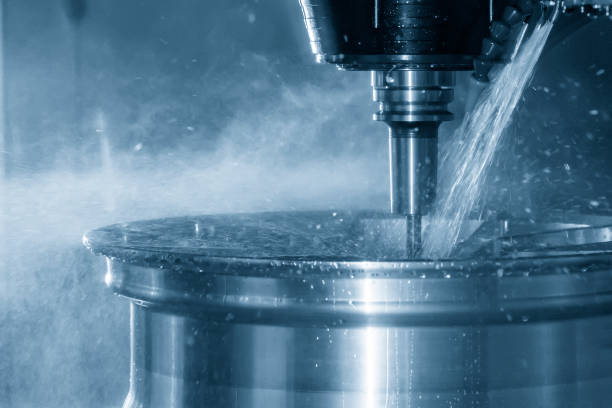
Priljubljeno otroško športno kolo Visokokakovostno otroško ravnotežno kolo Otroško kolo

Tovarniško po meri Kitajska Bmx Cycles Road Sport Kids Bicycle 12 16 18 20 Inches Cycle Mtb za otroke 6-10 let

Veleprodajni otroški cikel iz magnezijeve zlitine za 3 do 5 let, 12-palčni otroški cikel OEM poceni

Otroško kolo iz magnezijeve aluminijeve zlitine, 3-8 let, poceni, vroča prodaja, 14-palčno otroško kolo ZA VEDNO, veleprodaja 2022

Električno kolo iz magnezijeve zlitine 12-palčno vgrajeno kolo 36v10ah električni moped

2022 Veleprodajna vroča prodaja kolesarskih delov iz magnezijeve zlitine, otroško kolo brez pedala za ravnotežje, otroško kolo, več barv na voljo

Kolesa za otroke Otroška kolesa za 3-16 let Otrok / OEM Otroško kolo Otroška gorska kolesa 2022

Kolo Freehub 12/14/16 Inch Otroško kolo Low Rider Bikes iz magnezijeve aluminijeve zlitine Otroško kolo 3-8 let, na zalogi

 0086-750-5616188
0086-750-5616188 +86 13392089688
+86 13392089688 sales@zhongmei-tech.com
sales@zhongmei-tech.com








